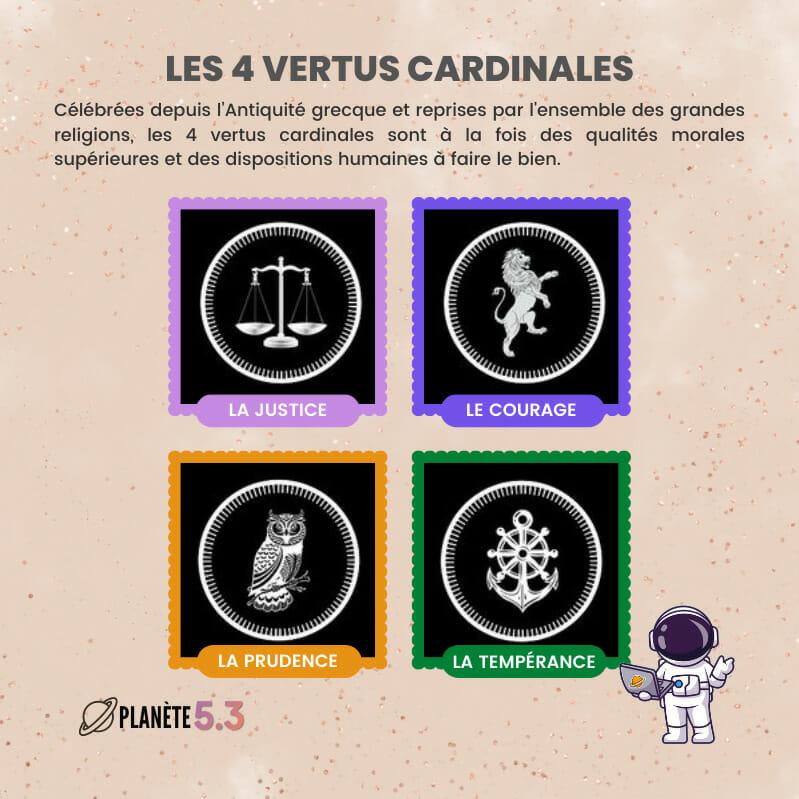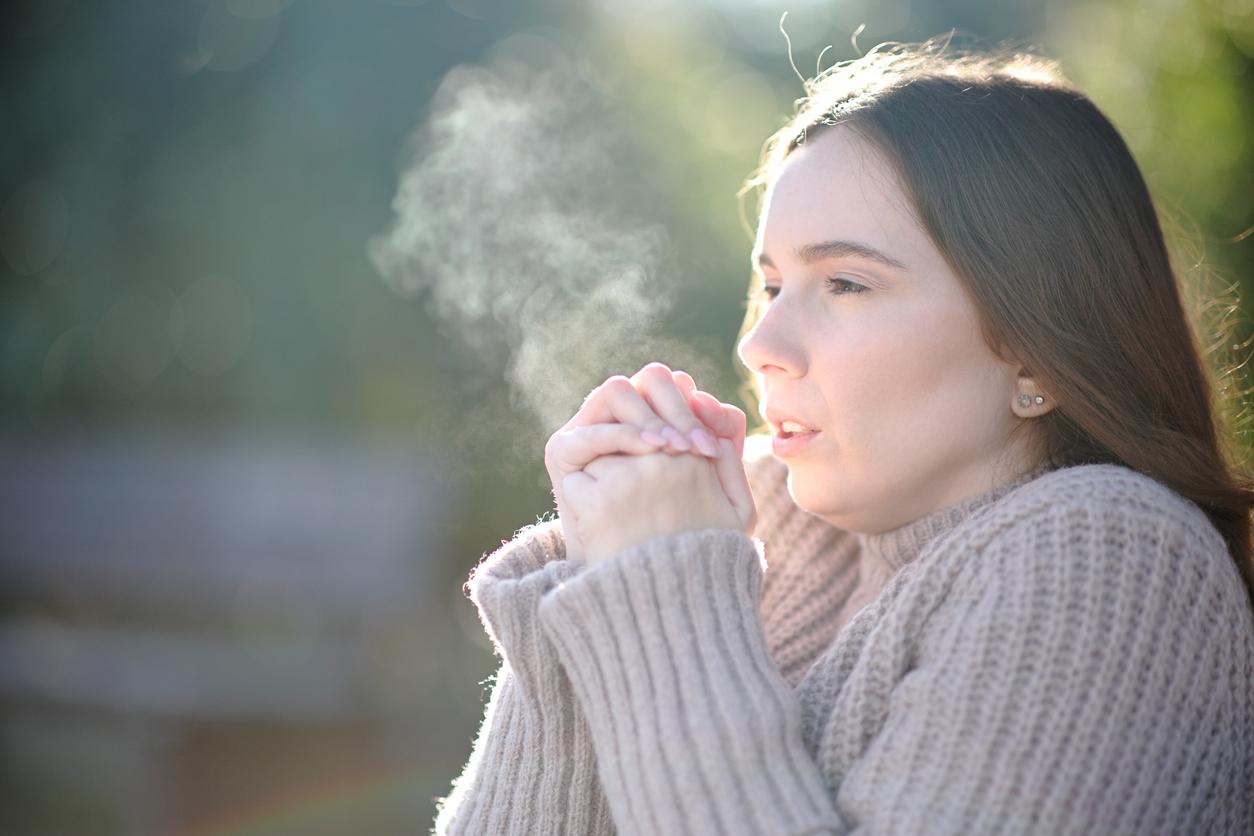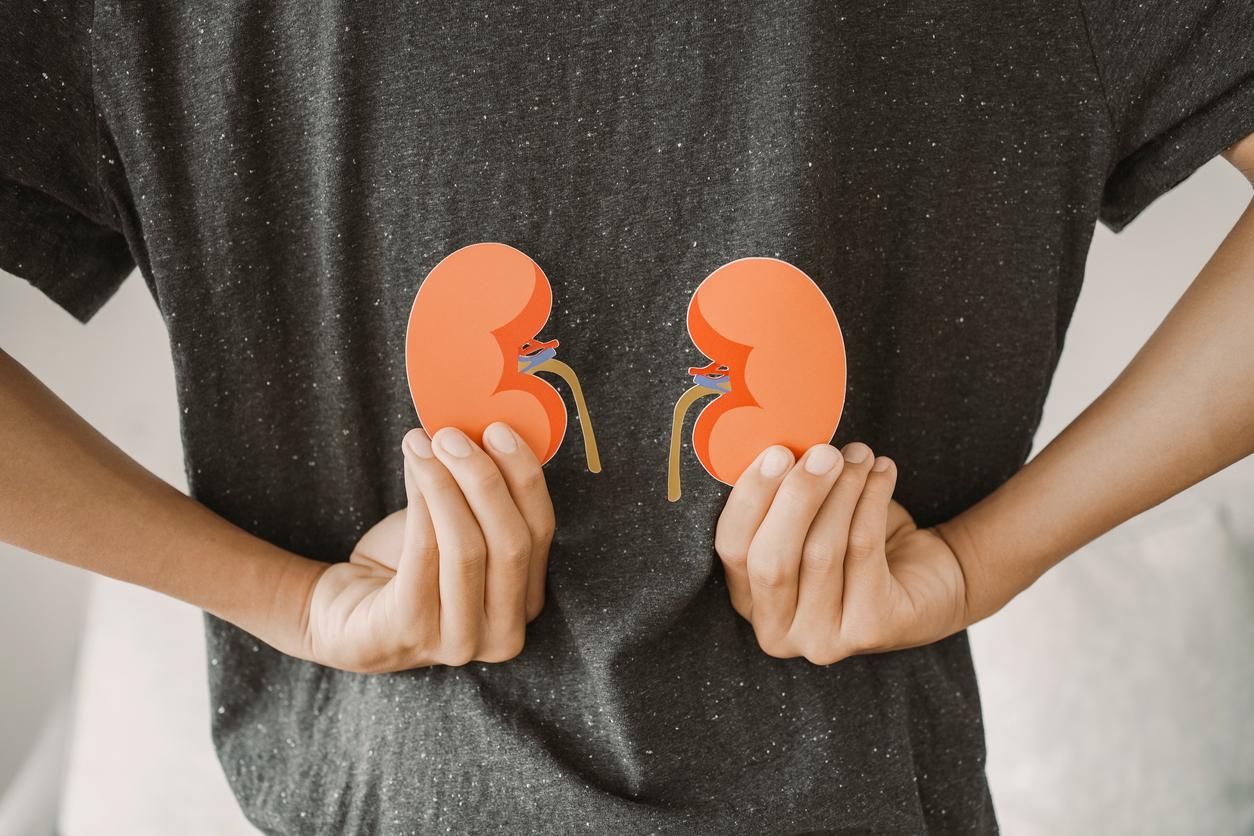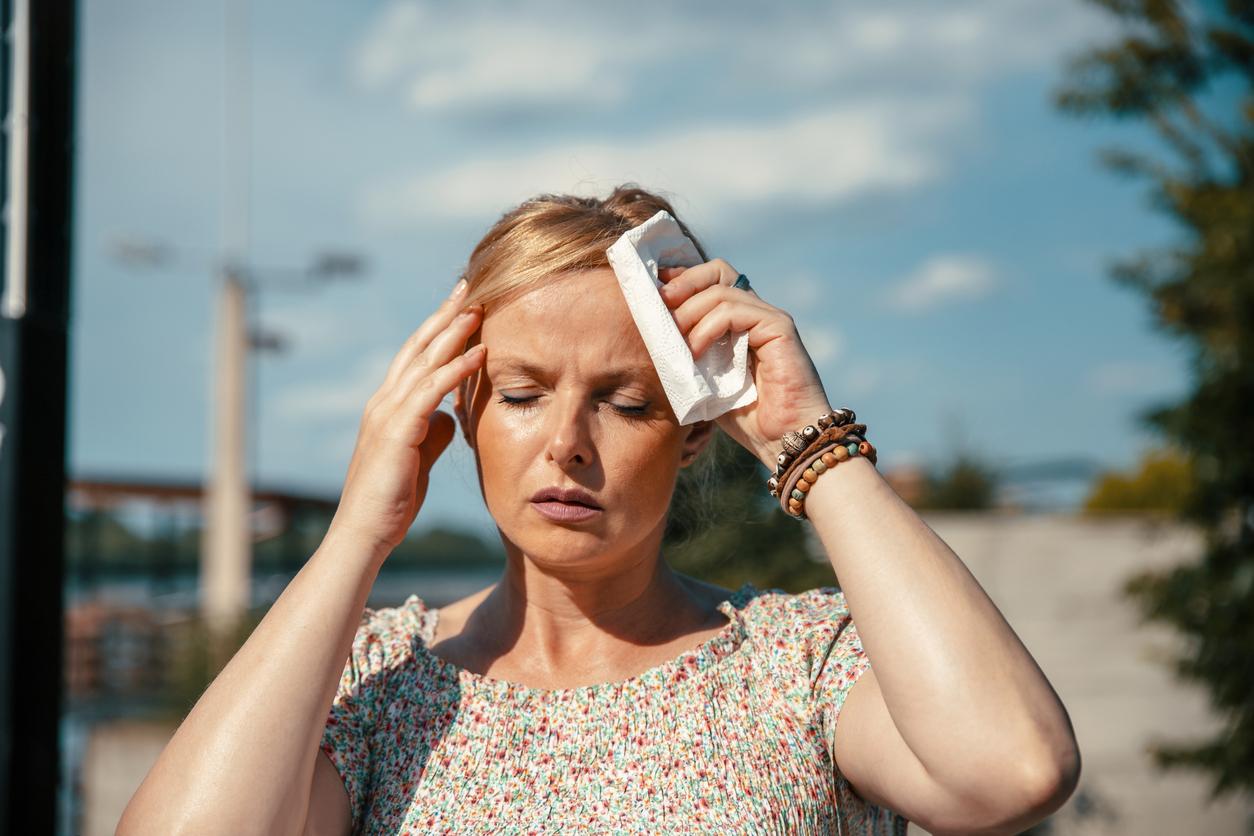At high temperatures, older people feel uncomfortable more quickly on average, but this does not affect their mood as much as it does for younger adults.

- There may be a relatively consistent link between temperature and psychological state, but there are significant individual differences.
- While older adults are vulnerable to heat, they exhibit fewer negative emotions, such as irritability, anxiety or sadness, than younger adults.
- Previous research has shown that this emotional stability increases as adults age.
It’s well known: when temperatures rise, people tend to lose their temper. “With global warming, observed relationships between hot summer days and deleterious outcomes, such as violent crime or mental health problems, are likely to be amplified. It is therefore necessary to better understand the consistency or the variability of the effects of hot weather on emotional states”, said researchers at Washington State University (United States). This is why they conducted a study published in the journal BMC Psychology.
“Not all people have the same perception of heat or discomfort in extreme temperatures”
As part of the research, the team attempted to study the link between outdoor temperature, physical discomfort and negative emotions, such as irritability, anxiety or sadness. For the study, she recruited approximately 400 people in the Chicago area who used an app to report their comfort levels and emotional states while outdoors during the summer of 2022. The scientists used geolocation to determine the actual temperature at the time and location the volunteers made their statements.
The results revealed no direct link between actual outdoor temperature and people’s emotional state. Perceived temperature, that is, the degree of heat felt, was more important, but even then the discomfort caused by the temperature and the negative mood depended on each person. “Not all people have the same perception of heat or discomfort in extreme temperatures. Some experienced days at 37 degrees and still felt fine,” declared Kim Meidenbauerprofessor of psychology and author of the work. However, when people felt this discomfort, more of them presented a negative emotional state.
Age, the factor that moderates emotional reactions to heat
Next, the researchers examined age and gender as moderators of these links. “While gender had no impact, participant age showed several significant interactions. In particular, while older adults, who have poorer thermoregulation, tended to experience more thermal discomfort and to perceive higher temperatures as warmer, the association between discomfort and negative affect was weaker among older adults”, can we read in the study.
Although this research cannot determine the reason for this difference, the team says that other work on personality traits across the lifespan has shown that emotional stability tends to increase with age.

















